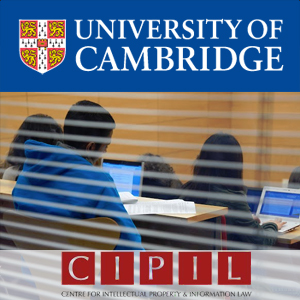
The WP29 was an independent advisory group established to provide advice on issues related to the processing of personal data and the free movement of such data. It was composed of: representatives of data protection authorities in EU member states, the European Data Protection Supervisor and a representative of the European Commission (providing secretariat services).
Over a period of 21 years, the WP29 produced numerous Opinions, Recommendations and Working Documents on many important issues of data protection law. Although not legally binding its opinions provided important interpretative guidance on the Data Protection Directive (and the Data Protection Act 1998).
At its first plenary meeting the EDPB endorsed 16 GDPR related WP29 Guidelines. The other WP29 documents remain relevant and helpful insofar as the EDPB has not adopted new documents on the topic and/or they are compatible with the GDPR. The EDPB often builds upon the foundation laid by the WP29. While they might issue new, more comprehensive guidelines, the underlying principles established in WP29 documents can still be highly relevant. EU courts may consider both WP29 and EDPB documents when interpreting the GDPR.
CIPIL also provides a range of other data protection resources
- A database of national data protection laws – contemporary and historic.
- Links to the Travaux for the Data Protection Directive
- An Overview Report on European Data Protection laws and Freedom of Expression and Information along with Country Reports for the 27 current EU members, the three non-EU members of the European Economic Area and the United Kingdom and Switzerland.
- Contributions from CIPIL on UK Data Protection Reform
CIPIL was established in 2004 to foster the study of all aspects of intellectual property and information law. CIPIL organises conferences, seminars and visiting lectures, hosts visiting scholars, obtains research grants, undertakes research and makes available valuable resource material in this important field. Its current research includes in particular the the impact of digital technology (including liability of ISPs), protection of medical and genetic inventions, the history and ongoing reform of data protection, the history of trade mark law and the place of intellectual property on international law. The Centre is directed by Professor David Erdos.


Leave a Reply